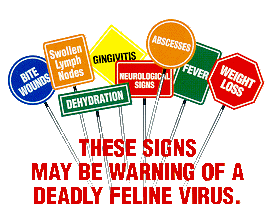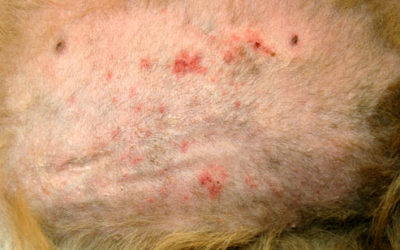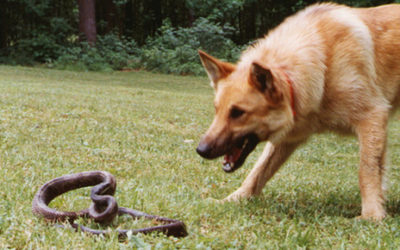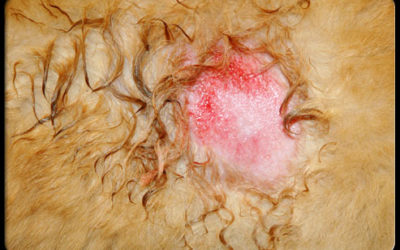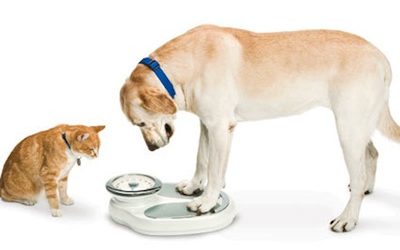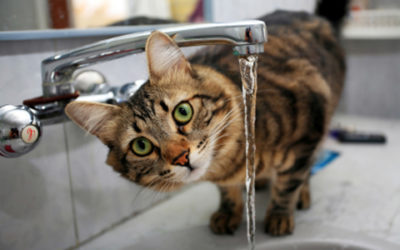Pet Care Blog
Feline Immunodeficiency Virus – FIV
Is your cat an outdoor cat? Do they tend to get into fights with other cats? If the answer to any of these questions is YES, they are at risk of contracting FIV (Feline Immunodeficiency Virus). FIV is spread through saliva, by bite wounds from one cat to the other....
Otitis Externa – the common ear infection
As summer comes closer, it means trips to the beach, the lake or river. For our furry canine friends, this means endless hours of fun and swimming. With Blackburn Lake not too far from our clinic, we tend to see many ear infections caused by a harmless drip in the...
Allergic Skin Disease
What is “Allergic Skin Disease”? Allergic skin disease involves an allergic reaction in the skin that causes intense itchiness & resultant self-trauma. The pet will scratch, bite, lick, chew or rub at the affected area causing hair loss & skin damage. The...
Beware of Snakes
There are already plenty of snakes about so we are asking our clients to be extra vigilant. Different species of snakes possess different types of venom and these can cause varying symptoms that appear anywhere from 15 minutes to 24 hours after a bite. Early signs...
HOT SPOTS (Acute Moist Dermatitis)
A Hot Spot is the common term for an area of skin that suddenly becomes a “hot” area of intense licking or scratching. It is produced by self-induced trauma as the dog bites, rubs, or scratches at a part of its body in an attempt to alleviate some pain or itch. What...
Why does my dog seem to constantly have Ear & Skin issues?
Treating ongoing skin and ear conditions in pets can absolutely be very frustrating for owners at times. It is one of the biggest frustrations that we hear about from owners as Veterinarians and Veterinary Nurses. Getting on top of a Skin or Ear infection (or another...
Arthritis
What is Arthritis? Arthritis is a progressive deterioration of joint cartilage. Degenerative Joint Disease (DJD) is a more appropriate term used to describe this condition in veterinary medicine. What causes Arthritis (DJD)? DJD usually results from wear and tear on...
Obesity
Statistics show that obesity affects 25 to 44% of dogs, and 6 to 12 % of cats. What causes obesity? There are some medical conditions that can cause obesity, however these are uncommon (Diabetes, Hypothyroidism, Cushing’s disease, any cause of abdominal distension)....
Kidney Disease – Chronic Renal Failure
What do my cat’s kidneys do? Kidneys have many functions, including removing nitrogenous waste products from the blood stream, maintaining electrolytes at the correct level, regulating fluid balance within the body and producing hormones. What is chronic renal failure...
DNA Testing
Dogs are like people. They inherit physical and character traits from breeds in their family tree. They also pass along genetic disorders from generation to generation. Your mixed-breed dog is a mixed bag of genetic traits. Understanding their ancestry helps you and...
Spring Dangers
After a long, wet and very cold winter we are thrilled that Spring has arrived. But Spring also brings about some hazards and one in particular is the presence of snail (and slug) bait in the garden.. Part of the problem is that snail bait pellets can look just like...
Flea Allergy Dermatitis
What does Flea Allergy mean? Even our non allergic dogs experience only minor skin irritation in response to flea bites. Even with the presence of dozens of fleas, there can be very little itching. On the other hand, the flea allergic dog has a severe, itch-producing...

